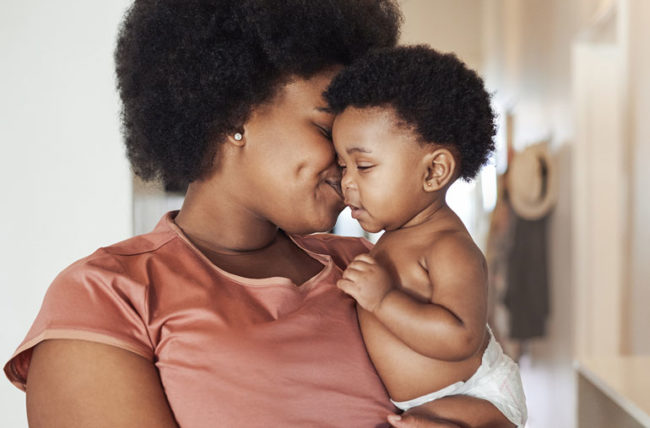You Are Not Alone
When couples are considering using donor eggs, it is typically not their first option or the choice they had hoped for. Many couples have charged through infertility with determination only to be stopped dead in their tracks with an option they did not expect. They suddenly feel fear, indecision, confusion, and at times, isolation. When you have given everything you can to have the family of your dreams, arriving at this place can be very difficult to accept.
I have counseled thousands of couples over the past 10 years, and I can assure you that every single one of your feelings and fears are normal. You are not unusual in feeling the way you do, and while the infertility community can be private, you are certainly not alone.
In working with couples confronted with this decision, I have heard seven common fears repeated over the years.
- I won’t bond with my baby.
Wrapping your head around using another woman’s eggs to have your baby is not simple. It’s no wonder that this thought crosses your mind – and you are not alone. This does not happen, and if it does, it is exceedingly rare. The experiences of thousands of mothers with children conceived through donor egg suggest that women lovingly embrace their baby, from the beginning, as theirs. Which it is, of course. And it’s also the baby of the father, and he didn’t even carry this adorable infant.
- I will always feel sad that I am not my child’s biological mother.
You most certainly will be the biological mother. Pregnancy, birth, and lactation (if that is your choice) are all biological. Yes, another woman does have a biological connection to your child, but she is the egg donor. She is not the mother. Donors do not regard themselves as the mothers of any child conceived through their donation.
- My child will reject me later and say, “You aren’t my real mother.”
Children regard parents as the people who care for them, spend time with them, love them, and guide them. This sentiment is extremely unlikely, and even if it is said, it is “teen code” that translates to “I hate how you are ruling my life, how can I wound you?” Your child may never say this—it’s mostly in your mind.
- My family will not accept my child.
While this is also very unlikely, it is a valid concern in some situations. If your family is very traditional and places emphasis on genetics as the essential family bond, egg donation may seem like a big stretch. If that’s so, then you don’t have to tell them. You can consider sharing this information later, or not at all. Choosing the time to tell family and close contacts is important. Don’t be afraid to get help in making this decision by speaking with a counsellor.
- Telling my child will just confuse them.
There is a wealth of easily accessible information on this topic that is very reassuring. When children grow up with the knowledge that their parent(s) had help so they could be born, and it is never approached as a taboo subject, children are not confused – they see it as part of their story. They may have questions (children are known for their inquisitive nature), especially as they grow up, but these questions stem from a desire to know more about themselves, not a place of confusion.
- This is a selfish choice.
In a word, nonsense. Give yourself credit for how much you want to parent a child, and care for your child prenatally. You have been through a lot to have your child, and it was all in the interest of caring and loving another. You have considered your options and this is the best one for you.
- Donors are just doing this for money and may be lying about their family health history.
This is the most common question — why would anyone donate? I have interviewed over a thousand donors and as a group, they are typically thoughtful, well informed, and have good support from family and friends.
Would they do this if not financially compensated?
No. It’s just too hard.
Is compensation the only reason they donate?
Sometimes, but even so, they know they are helping someone.
Most donors have a strong motivation to help a family that enhances their experience as donors. They do not see their donation as “giving up a child.” They are giving eggs, a building block of making a baby. Typically, they try to make a good faith effort about family history. In my experience, they are a very candid group and are never desperate for money.
It is very important to discuss and internally work through each question and fear you have, and give yourself time to make your decision. Once you have processed everything and feel ready, you will know the decision that is best for you.
Do you have further concerns about using donor egg?
Please call or contact us to alleviate your worries!
